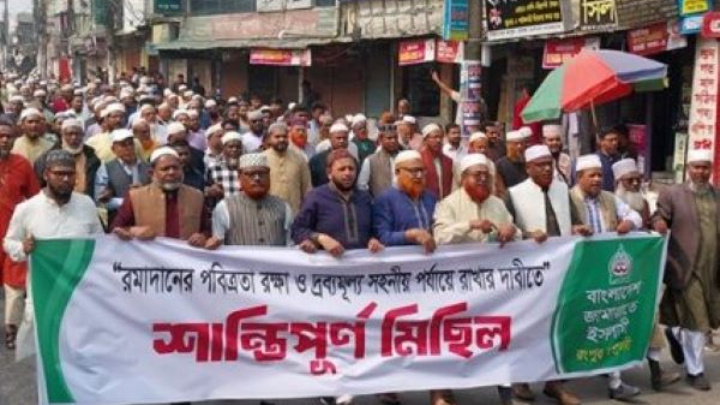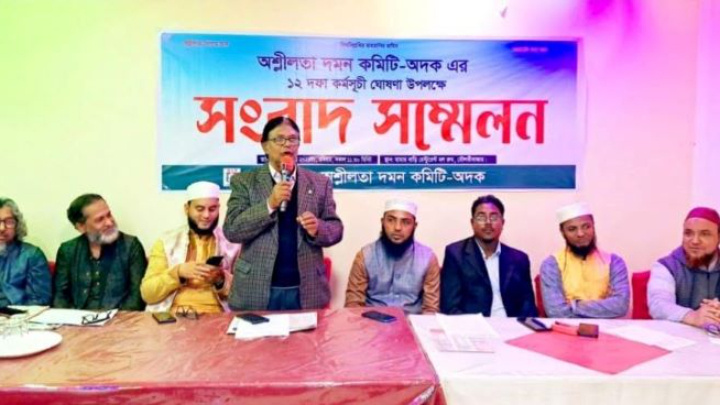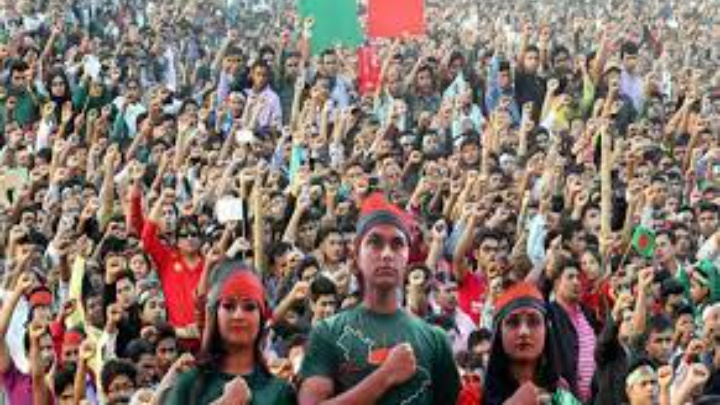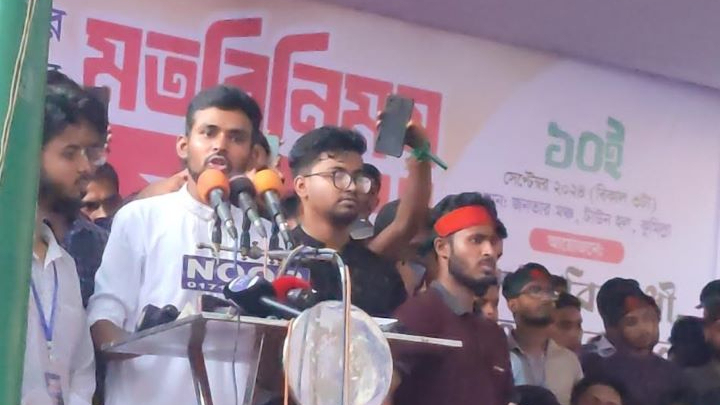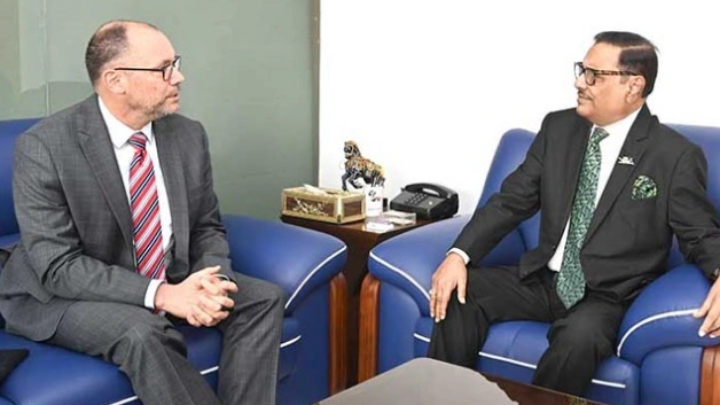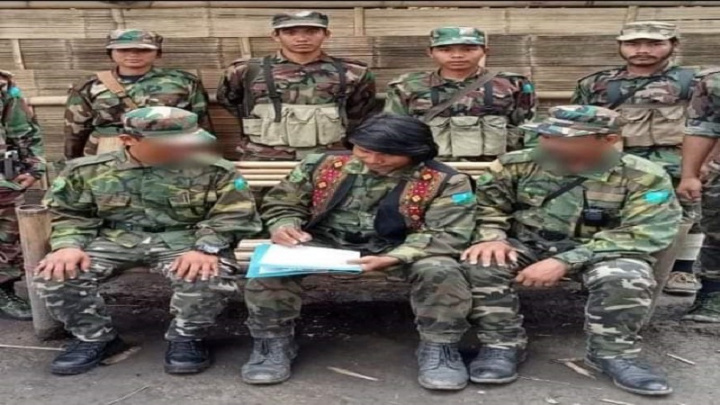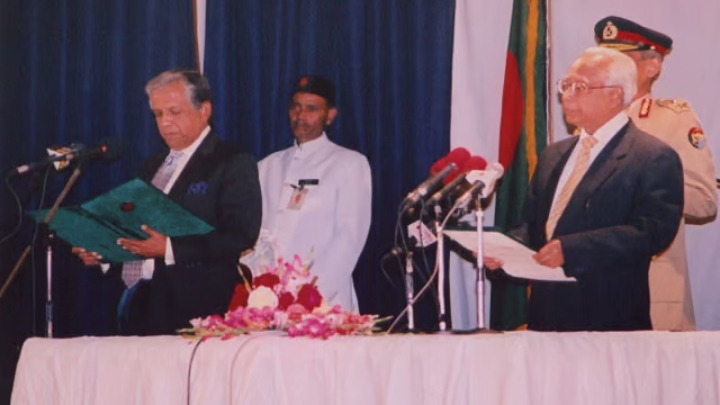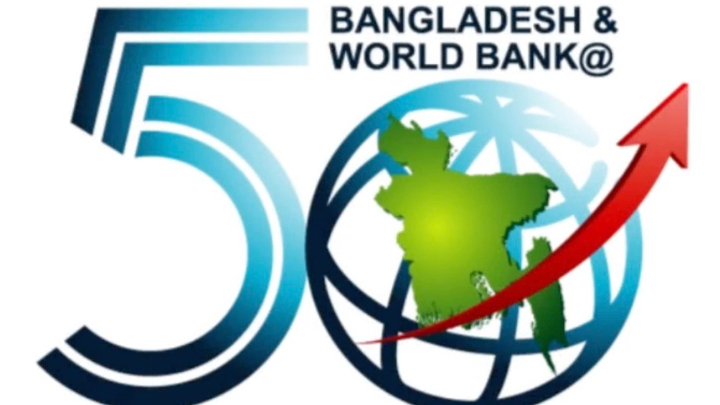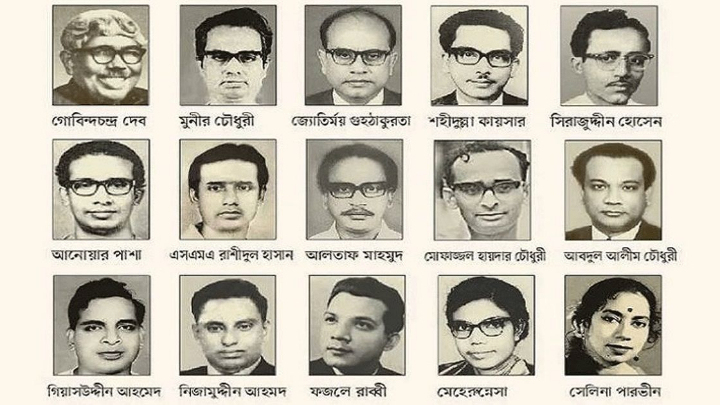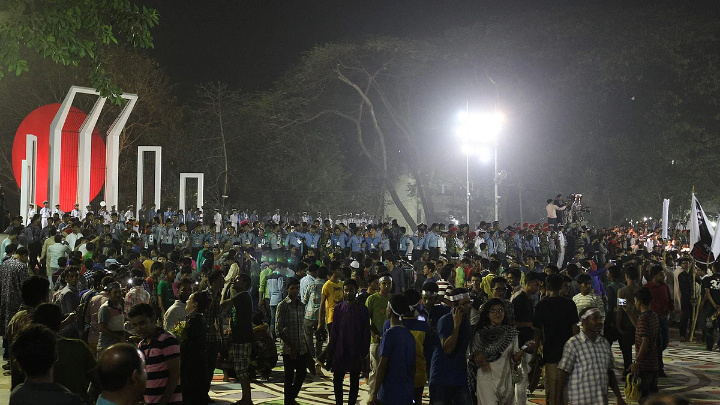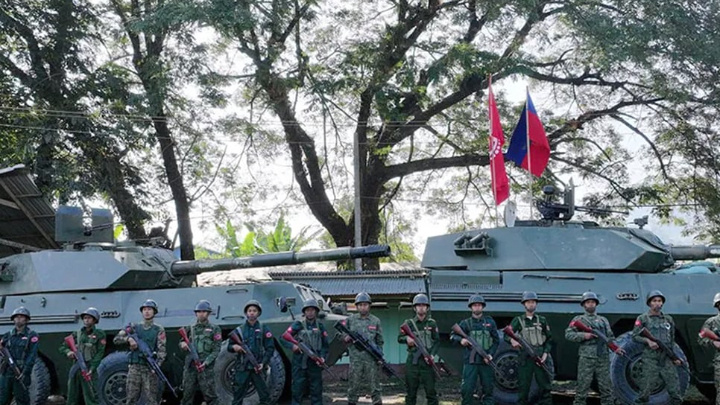Indian product boycott movement in Bangladesh funded by Pakistani intelligence agencies!
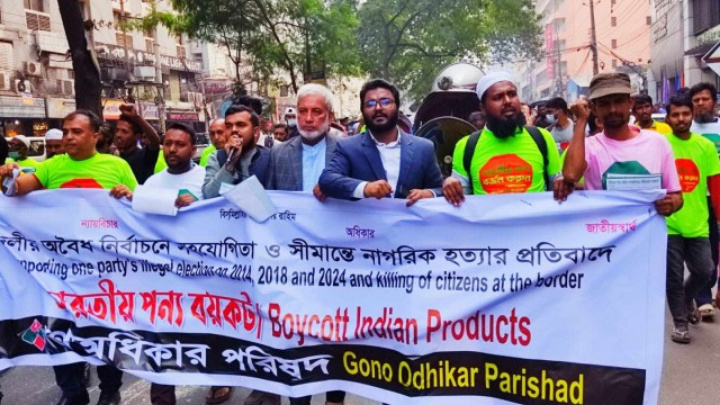
The Pakistani intelligence agency ISI is reportedly funding the anti-India boycott movement in Bangladesh, which has gained traction on social media. The movement, initially started by Pinaki Bhattacharya and later promoted by Tarek of the People's Rights Council, involves distributing posters and videos calling for a boycott of Indian products. Critics suggest that ISI aims to reduce Indian market dominance in Bangladesh and increase the presence of Pakistani products by supporting anti-government forces in Bangladesh.
Social media has been abuzz for months with calls to boycott Indian products in Bangladesh. Various anti-India campaigns are also running on Facebook and YouTube. A reliable source has indicated that the Pakistani intelligence agency ISI is funding this movement.
According to sources, Pinaki Bhattacharya first started making videos calling for the boycott of Indian products, but initially, there was no response. However, Tarek, a leader of a group from the People's Rights Council, began distributing posters and leaflets in alleys, sparking the 'India Out' program. Those involved in the anti-India movement received substantial funding from ISI for printing posters, distributing them, coordinating activities, and producing videos.
Pakistani intelligence agencies are using anti-government forces in Bangladesh to reduce the dominance of Indian products in the market and facilitate the entry of Pakistani products. The persistent movement against Indian products is expected to have a significant impact over time.
Critics argue that the India-Pakistan conflict is longstanding, and the Pakistani intelligence agency seeks to involve Bangladesh in this dispute. By exploiting the product boycott movement, they are funding substantial amounts to support opposition to the Bangladeshi government. This strategy aims to reduce Indian exports to Bangladesh, causing financial loss to India, while simultaneously creating opportunities for Pakistani products to enter the market.
